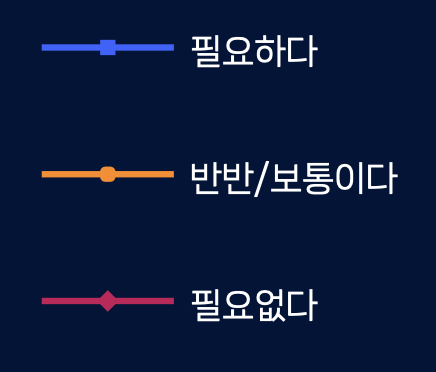Partnership within Hierarchy: The Evolving East Asian Security Triangle

Summary
In an age of increasingly complex security situations around the world, it is essential that students and practitioners understand alliances and minilateral security mechanisms. Partnership within Hierarchy examines, in depth, the troubled evolution of theUS–Japan–South Korea security triangle from the Cold War period to the present time. Referencing a voluminous amount of declassified documents in three different languages, Sung Chull Kim, through six case studies, delves into the common questions arising in different historical periods, such as who should pay costs, what to commit, and why. Burden sharing and commitment, Kim shows, emerged as the main subject of competing expectations and disagreements arising between the capable middle power Japan and the weak power South Korea. Kim details how the dominant power, the United States, has controlled the red lines and intervened in the disputes, the result of which is in most instances a balancing effect for the triangle. In this vein, he persuasively accounts for why historical disputes between Japan and South Korea, which submerged during the Cold War, reverberate today when asymmetry between the two is substantially balanced.
About the Author
Sung Chull Kim is Humanities Korea Professor at the Institute for Peace and Unification Studies at Seoul National University and the author of North Korea under Kim Jong Il: From Consolidation to Systemic Dissonance, also published by SUNY Press.
Kim Sung Chull, Partnership within Hierarchy: The Evolving East Asian Security Triangle( state university of new york press,2017)
Publication Date: February 21, 2017


















